My Enduring Love for America
Thoughts #1 - Now that we have a clear winner, it's time to channel the optimism of Sir Ernest Shackleton and Little Orphan Annie

I’m proud to be an American (and not because that’s a line from Trump’s walkout song, “God Bless the U.S.A.”) I’m also proud to be a Brit. My parents are British, I was raised and educated in England, but I was not pledging my allegiance to the United Kingdom every time I sang the hymn “I Vow To Thee, My Country” at school. Oh, no. My heart was thousands of miles away in the Land of the Free and the Home of the Brave, where I was born. America has always been my home.
One lusty October night, two ex-lovers reunited at the woman’s home in Belgravia for old time’s sake (the man was engaged to someone else, who was already pregnant.) In the throes of passion, a baby was conceived. They parted ways, and the man went on with his life. The woman told nobody, fled England, and settled in California where she proceeded to sue her former husband (not the man who had just impregnated her) for $2.5 billion.
Representing her in the landmark case was the American celebrity lawyer Marvin Mitchelson, renowned for his love of publicity. This was the largest divorce action on record for years, and now with inflation, the famously bitter battle is still in the top ten most expensive splits of all time.
Melodrama exploded under the glare of the global media as the defiant woman strode in and out of California courtrooms. I was right there with her—in her tummy. The clarity of her condition only added intrigue to the case as everyone assumed she was carrying the child of the man she was divorcing, the father of all her other children.
So that’s how I ended up (popped out) in Los Angeles and gained American citizenship by birth.
As for that divorce case… no winners. Everybody lost.
After a whirlwind first few years in America bounding from California to Vegas to Utah, my mother and I landed in New York where she met and married an American fashion designer. In no time at all, they got divorced, and we moved across the ocean to England. Oh, how I wish their marriage had worked out.
England was grim: damp, cold, and perpetually grey. I was soon packed off to an all-girls boarding school, where I did not fit in. The only little girl I identified with was Annie, the American as apple pie redheaded orphan who wasn’t even real; she was a character in a film. Annie and I had so much in common, right down to our dormitory antics and the super creepy Miss Hannigan, who sings about wringing little girls’ necks. My Miss Hannigan, who shall not be named, was a silent slapper (not that sort, as in she crept up on you out of nowhere and slapped. Hard.)
I spent so much time at boarding school, I started to think I really was an orphan. I lived in a haunted Dickensian establishment where matrons would send me to ‘Sin Bin’ (solitary confinement) for overnight punishments, there was no father and a mostly absent mother. What was I supposed to think? During many a dark moment, Little Orphan Annie helped me think positively. I would stare out the window at charcoal skies, her cheerful song of optimism popping into my head: “The sun will come out, tomorrow…”
Life outside of school was an alternate reality—thrilling and magical. Trips to exotic, faraway places, glittering parties in dream houses bustling with fascinating characters, and at the helm, a real-life Daddy Warbucks, my older siblings’ father known to me as “Uncle Adnan.” He even took me to Radio City Music Hall in New York one Christmas to see the Rockettes, just like Daddy Warbucks takes Annie.
Of all the things that made me painfully self-conscious and set me apart from the other girls, the one I didn’t mind was being the only girl with an American passport. I loved being American, and even though the America of my childhood looked very different from the adult version, I still love being American.
Whenever we visited here, which was often, I never wanted to leave. I had many wonderful stays with a Jewish family, celebrating all their holidays. Everything about America was bigger, better, newer, shinier, and cooler. I loved Americans: their accent, their effervescence, their openness. Their whole demeanor was a refreshing change from the repressed Brits with their stiff upper lips and formalities. Nobody said what they thought or meant in England. It went against my nature, and I was often chastised for being so direct and wearing my heart on my sleeve.
Whenever I returned to England from America, that sense of limitless possibility left me. To combat homesickness (for America) I would stick my nose into American comics (Archie, Betty & Veronica) or Francine Pascal’s Sweet Valley High books. I was obsessed with American TV shows set in schools; it was all sunshine and surfoards in Saved by the Bell compared to Britain’s equivalent show, Grange Hill. I didn’t have FOMO, I had major KIAMO (Knowing I Am Missing Out.)
During one trip to Florida, around the age of 12 and fully understanding I held a golden ticket in the form of an American passport, I declared my grand plan for life: work hard at boarding school, get into Harvard Law School, then become a lawyer so I could stand in court all day saying “Objection, your honor,” (maybe I caught the bug while in divorce court?) and eventually, be elected as the first female President of the United States. It was a lofty dream, but in America, anything felt possible.
America, to me, was everything England wasn’t: uplifting, expressive, inclusive, and friendly. I felt like a reject in the U.K. I wasn’t even able to get a British passport until my mid-twenties, (which was only possible thanks to my father, a former politician, pulling strings with his ministerial friends at the Home Office), so every time I flew to England I was interrogated like a criminal alien before another inky black stamp in my American passport permitting a six-month stay. It might as well have read: “Go away, we don’t want you here.”
Every time I arrived in the U.S., I would be greeted with warmth and a smile: “Welcome home Miss Khashoggi!”
Two questions that sum up the attitude of the Brits vs. the Yanks. If you have good fortune or are trying to do something, in Britain it’s: Why you?
In America, it’s: Why not you?
Earlier this week, in a radically divided country, over half the population looked to one person and said: YOU. The rest said, Definitely NOT you.
America became my permanent home in 2011. Obama was President and well on his way to a second term. I had no interest in politics, even though my father had been a Cabinet Minister, and American politics weren’t for me either. I only became really interested—and invested—in 2016 when I decided to vote for the first time in New York City, where I live. It was unbelievable and unheard of that a guy like Trump managed to get as far as he did—a reality TV star turned Presidential candidate? Shocking.
I was all in with Hilary. Election Day was bright with promise and excitement. We were on the brink of having our first-ever female President, and like everyone else, I was sure she would win. No-one thought Trump would win.
Now, in 2024, the majority of Americans have made their choice and crowned Donald Trump their king for the second time.
Who would have thought that after 6th January 2021, the Storming of the Capitol, he would be back in the White House four years later? Nothing could stop him, and even if you hate him (is there anyone with more haters?) you’ve got to admire him. He is the undisputed King of The Comeback.
So many people are unhappy with this week’s election result but it’s not a time for complaining and resisting. I thought of a Facebook post I wrote the day Hilary lost, exactly eight years ago. I cannot emphasize what a stark contrast the vibe was from the day before, Election Day. I don’t use Facebook anymore, but rereading that post eight years later gave me an eerie been-here-before feeling. I highlighted a few lines that still resonate today:
Whether you like Trump or not, his comeback has shown us that anything and everything is possible. On the upside, he produces greater participation in democracy. More people than ever showed up to vote, more viewers tuned in to media coverage, and now, more people are personally invested in important issues. All of us are now part of cleaning up a collective mess.
The ship Endurance sank in 1915 after hitting ice near the Antarctic. The wreck lay undiscovered on the sea floor for over a century until 2022, when modern technology enabled discovery. Anglo-Irish explorer Sir Ernest Shackleton will long be remembered for his extraordinary ability to lead and persevere under the most brutal conditions. When the Endurance sank, he and his crew of 27 survived being stranded in ice for over a year. The incredible story endures not because of the ship’s name but the sheer will of character and the human spirit.
If you have not heard of Shackleton, or if you need some inspiration on how to survive when all hope is lost, I highly recommend the new NatGeo documentary about his legendary feat, also called Endurance, released last week on Hulu and Disney+. Given this week’s events, it may help put the concept of disaster into perspective and give you a much-needed boost. It’s amazing what can be mustered from wreckage in all its forms.
We are living through the Age of Endurance. What a time to be alive. We can be woke, or we can choose to awaken.






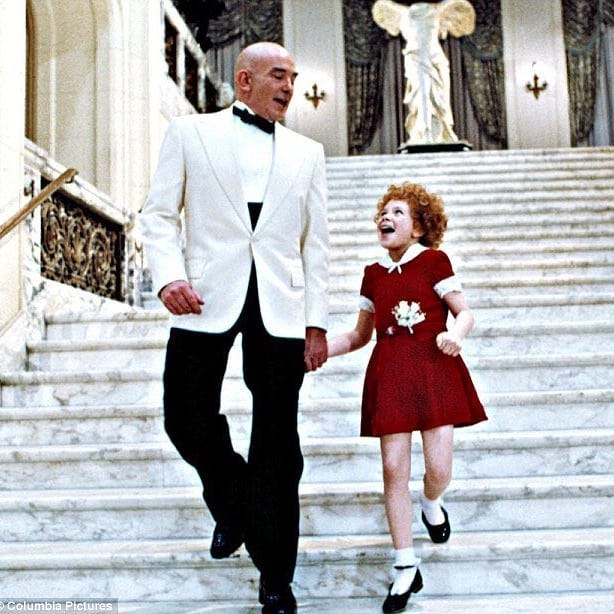
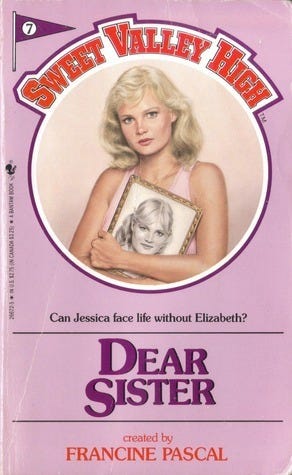
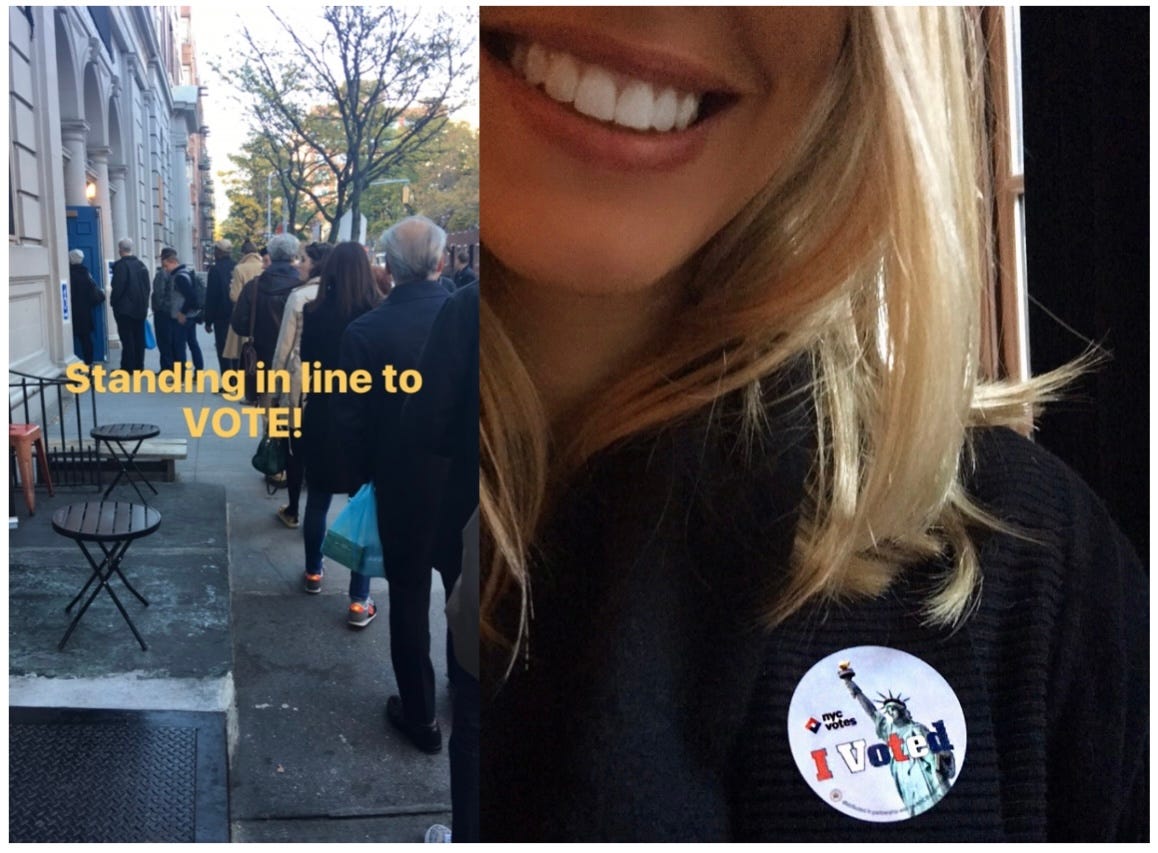
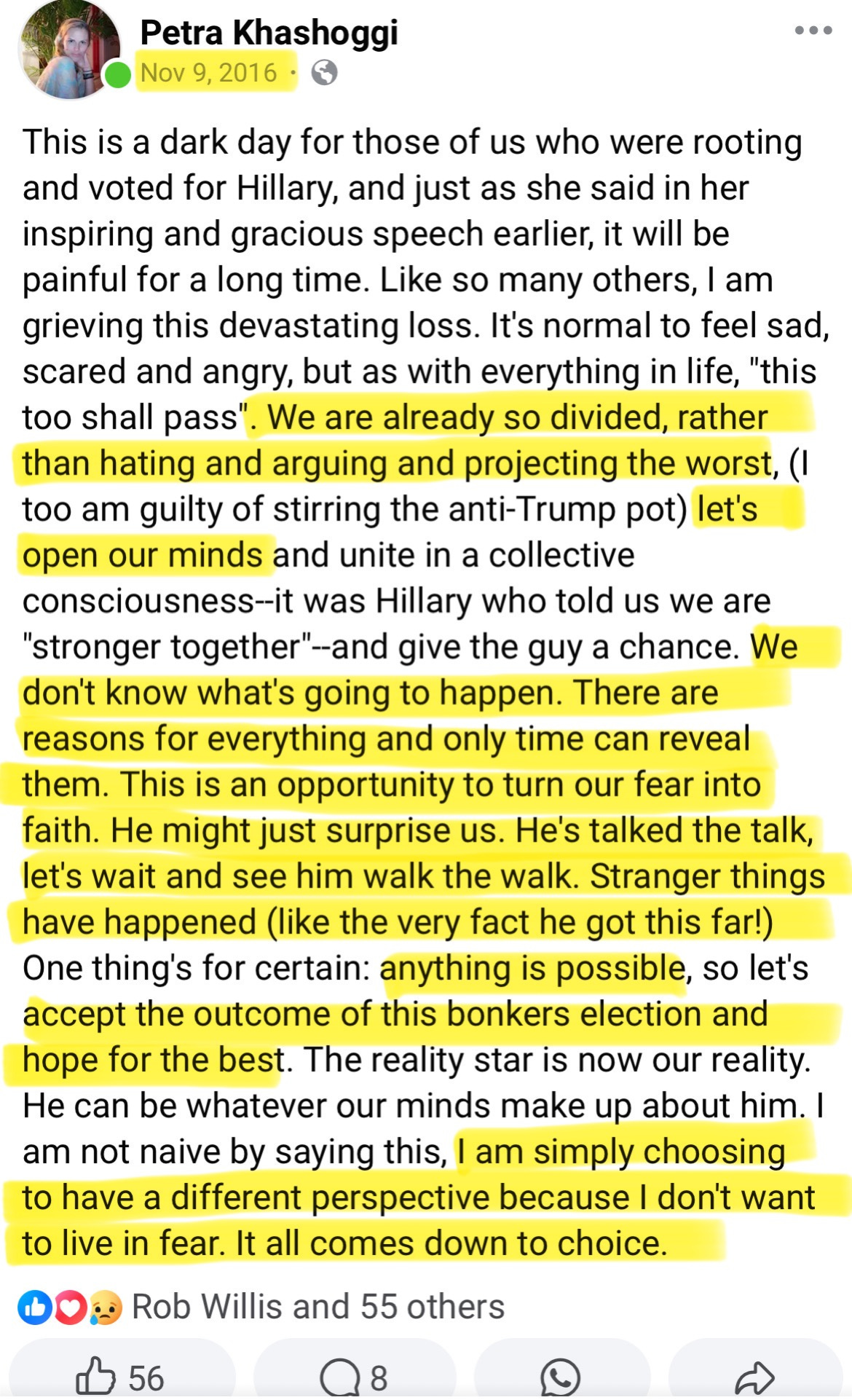
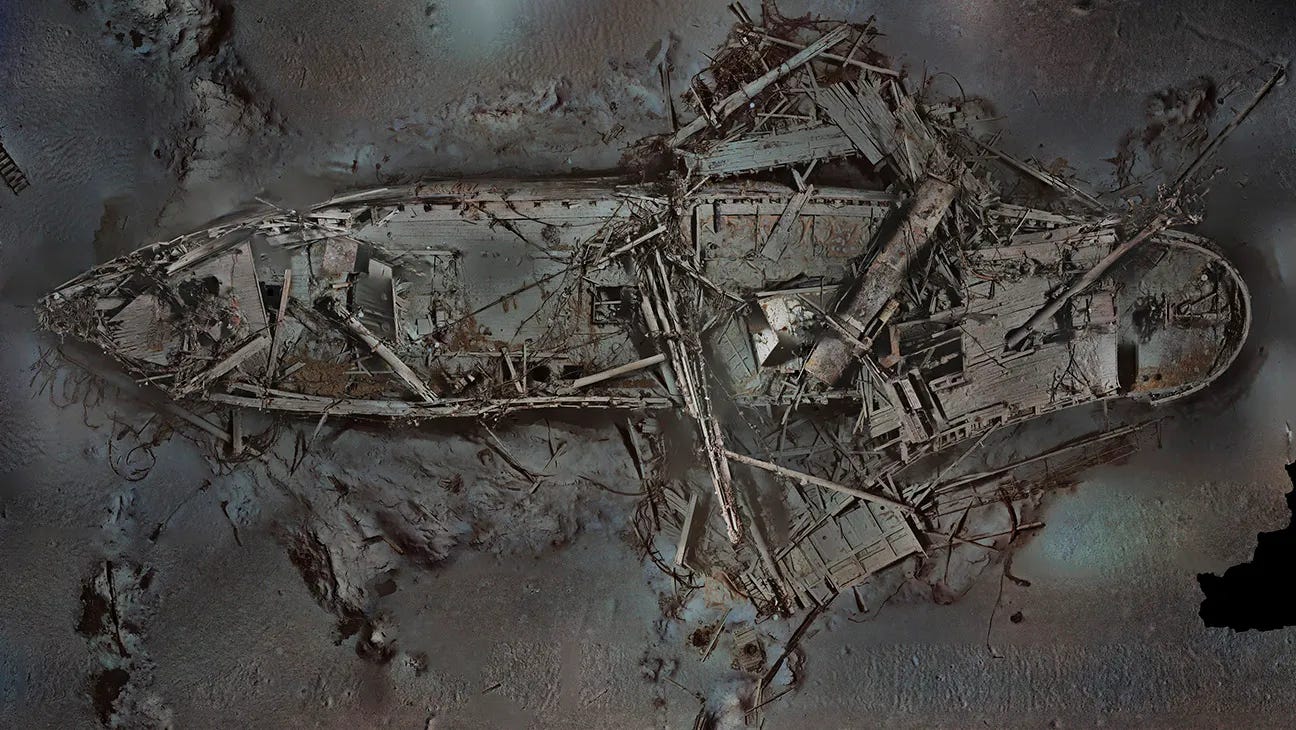

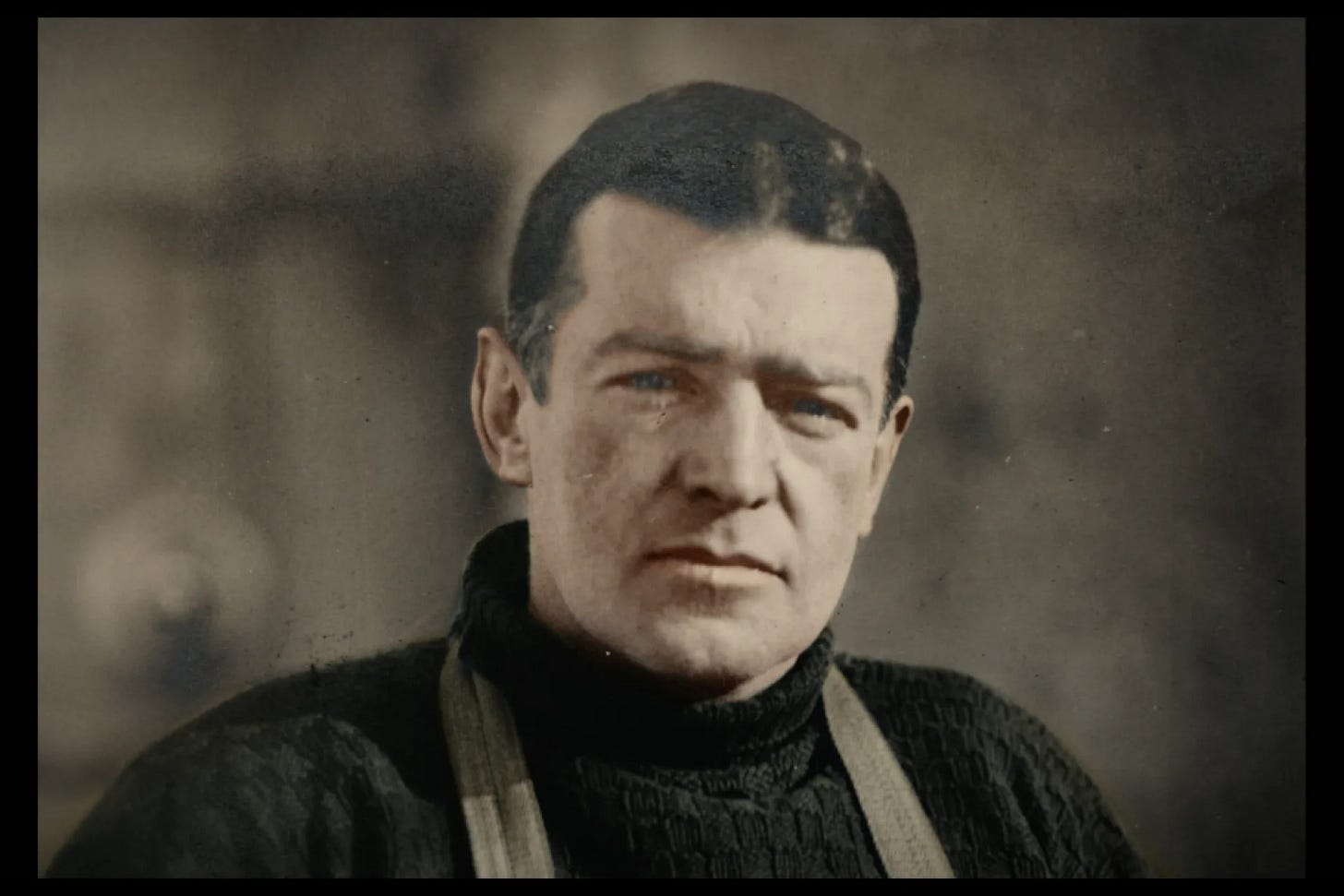
So well written and said - and what an amazing story!!! I managed 3 months in boarding school in the Uk so totally get it! Honestly wonderfully written and so very true definitely the age of endurance 💙👏
This is a a wonderfully moving piece, and you’re totally right — in time we will know why this happened, but there is meaning to be gained from it from all perspectives in the meantime.
I also agree with you about this:
“If you have good fortune or are trying to do something, in Britain it’s: Why you?
In America, it’s: Why not you?”
I just don’t understand this 😜 I’m a Brit spending more time in the US, and I certainly don’t miss this doom and gloom attitude from the U.K.!